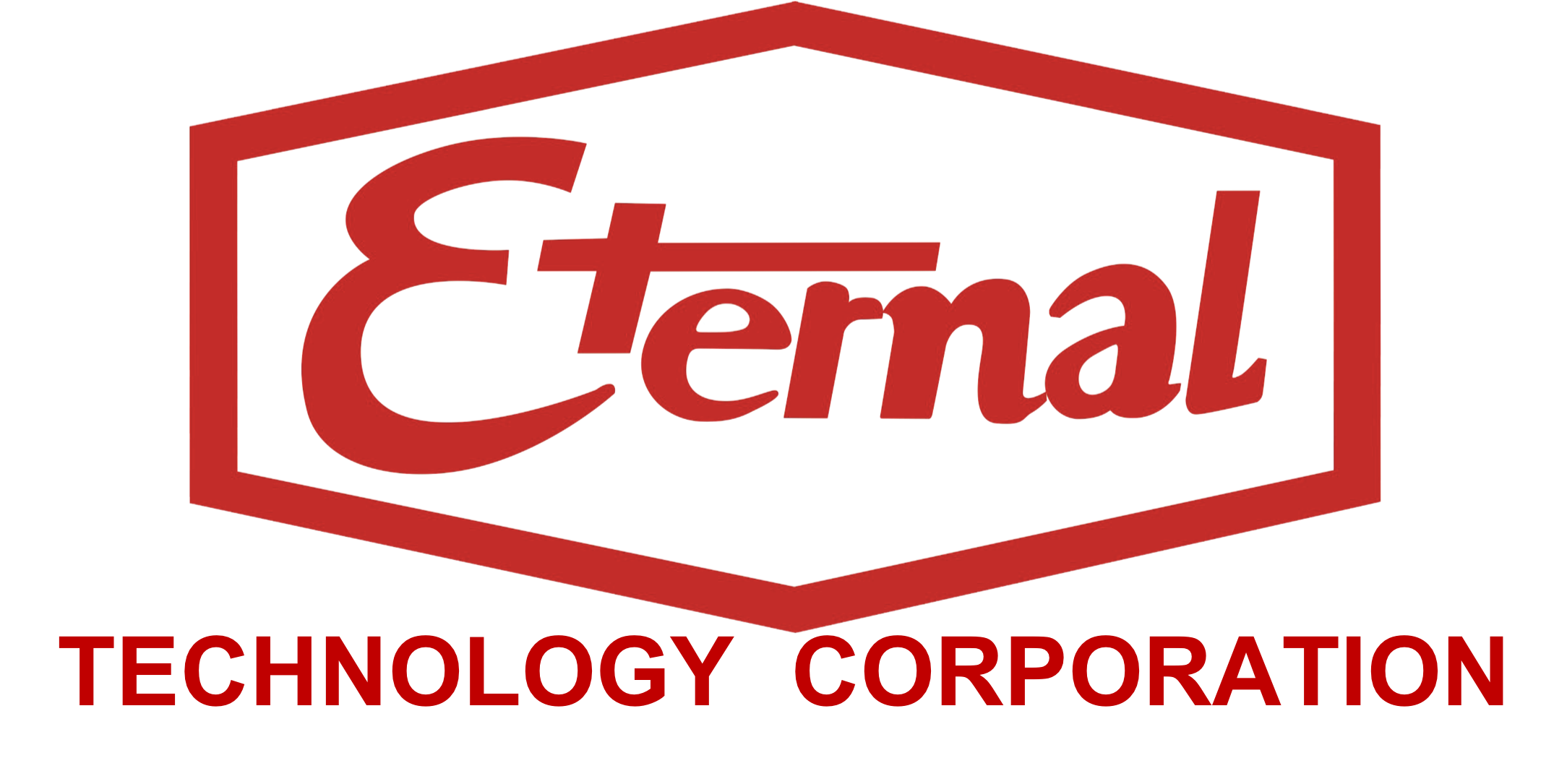PRINTED CIRCUIT BOARD (PCB)
Emerging trends, which have a direct impact on the dynamics of the PCB industry, include miniaturization of printed circuit boards, growing demand for high speed data and signal transmission, and development of green PCBs.
Due to the widespread use of smartphones, touch panels have become the mainstream of current smartphones and tablet. For both glass and film capacitive touch, the requirements of the lithography and etching processes for ITO lines are more and more precise. Eternal's dry film photoresist provides film capacitors with the best solution for automatic roll-to-roll production and fine line making.
Dry film photoresist is the key component used in the image transfer process. It is widely used in precision etching and electroplating products such as Printed Circuit Board (including Rigid board, Flexible board, Rigid/Flexible composite board, and HDI), Lead Frame, IC Substrates, IC packaging, etc. With strong in-house R&D capabilities, we are able to design and develop dry film products to specifically match our customers' requirements for various processes such as Chemical Milling, Electroforming, etc.
Based on the materials used, process technology and product applications, printed circuit boards can be mainly divided into different products such as Rigid PCB, Flexible PCB, Rigid-Flexible Composite PCB and IC boards. In recent years, because of the rapid development of intelligent products, the trend of various PCB products has accelerated toward compact sizes and high-density circuit layouts. The technical requirements for additional layers of fine lines, pore size and high alignment accuracy are also rising.
Dry Film Solder Mask is a permanent material mainly used for circuit protection on the outer layer of Flexible/Rigid printed circuit boards, IC substrates and other rigid boards. Eternal is well equipped to meet customers' special application requirements.
Eternals’ Dry film photoresist is the key component used in the image transfer process. It is widely used in precision etching and electroplating products such as Printed Circuit Board (including Rigid board, Flexible board, Rigid/Flexible composite board, and HDI), Lead Frame, IC Substrates, IC packaging, etc.
PHOTO CHEMICAL MACHINING (PCM)
PCM is a manufacturing process used to fabricate a wide range of products used in aerospace, automotive, electronic, mechanical, biomedical, engineering, and even decorative applications.
It employs techniques, such as chemical etching through a photoresist stencil, as the method of material removal over selected areas. The technique is relatively modern and became established as a manufacturing process about fifty years ago. The processing technology has been kept a closely-guarded secret within a small number of industrial companies but despite this, the sales of parts made by PCM at the end of the twentieth century was approximately US$ 6 billion.
The most common industrial etchant is an aqueous solution of ferric chloride (FeCl3). The waste product from etching metals is ferrous chloride (FeCl2). By employing strong chemical oxidizing agents, the waste FeCl2 can be converted back to FeCl3 etchant (known as regeneration). This reduces both environmental impact and the cost of waste etchant disposal.
PCM is a rapid manufacturing process for fabricating a very wide range of high resolution parts in thin materials .
The parts are often flat but can be “folded” to produce 3-D boxes and enclosures.
The range of materials machined by PCM includes all metals but the more difficult-to-machine polymers, ceramics and glasses can also be machined by some specialist PCM companies .
The PCM process is economically competitive in comparison with other manufacturing processes and is usually the cheapest process when part complexity is high.


